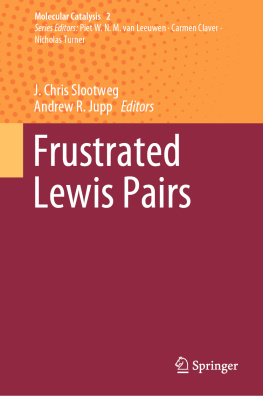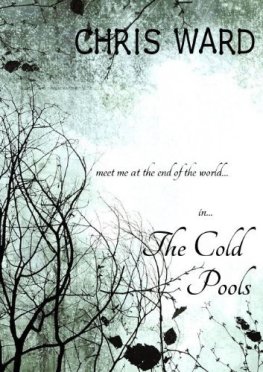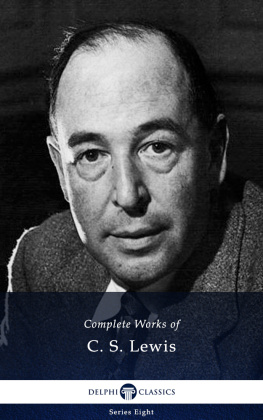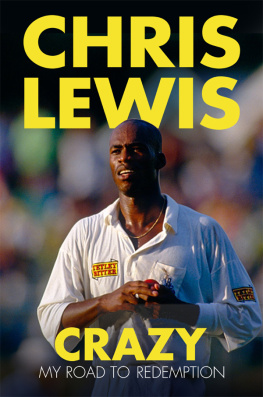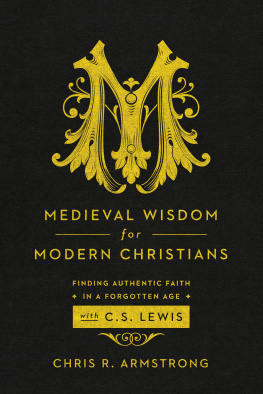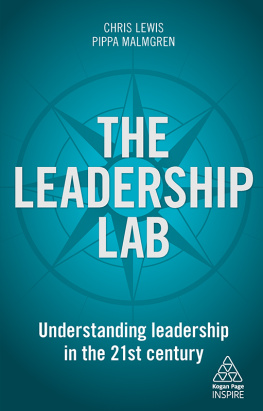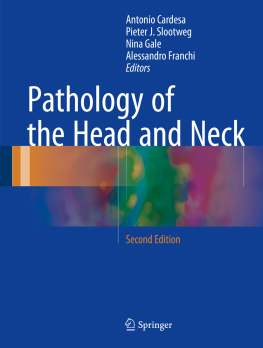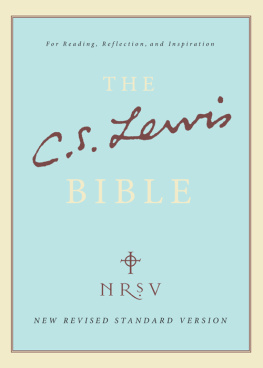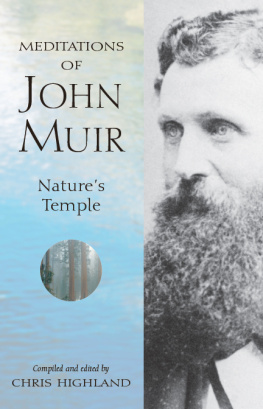J. Chris Slootweg - Frustrated Lewis Pairs
Here you can read online J. Chris Slootweg - Frustrated Lewis Pairs full text of the book (entire story) in english for free. Download pdf and epub, get meaning, cover and reviews about this ebook. publisher: Springer International Publishing, genre: Romance novel. Description of the work, (preface) as well as reviews are available. Best literature library LitArk.com created for fans of good reading and offers a wide selection of genres:
Romance novel
Science fiction
Adventure
Detective
Science
History
Home and family
Prose
Art
Politics
Computer
Non-fiction
Religion
Business
Children
Humor
Choose a favorite category and find really read worthwhile books. Enjoy immersion in the world of imagination, feel the emotions of the characters or learn something new for yourself, make an fascinating discovery.
- Book:Frustrated Lewis Pairs
- Author:
- Publisher:Springer International Publishing
- Genre:
- Rating:3 / 5
- Favourites:Add to favourites
- Your mark:
- 60
- 1
- 2
- 3
- 4
- 5
Frustrated Lewis Pairs: summary, description and annotation
We offer to read an annotation, description, summary or preface (depends on what the author of the book "Frustrated Lewis Pairs" wrote himself). If you haven't found the necessary information about the book — write in the comments, we will try to find it.
Frustrated Lewis Pairs — read online for free the complete book (whole text) full work
Below is the text of the book, divided by pages. System saving the place of the last page read, allows you to conveniently read the book "Frustrated Lewis Pairs" online for free, without having to search again every time where you left off. Put a bookmark, and you can go to the page where you finished reading at any time.
Font size:
Interval:
Bookmark:
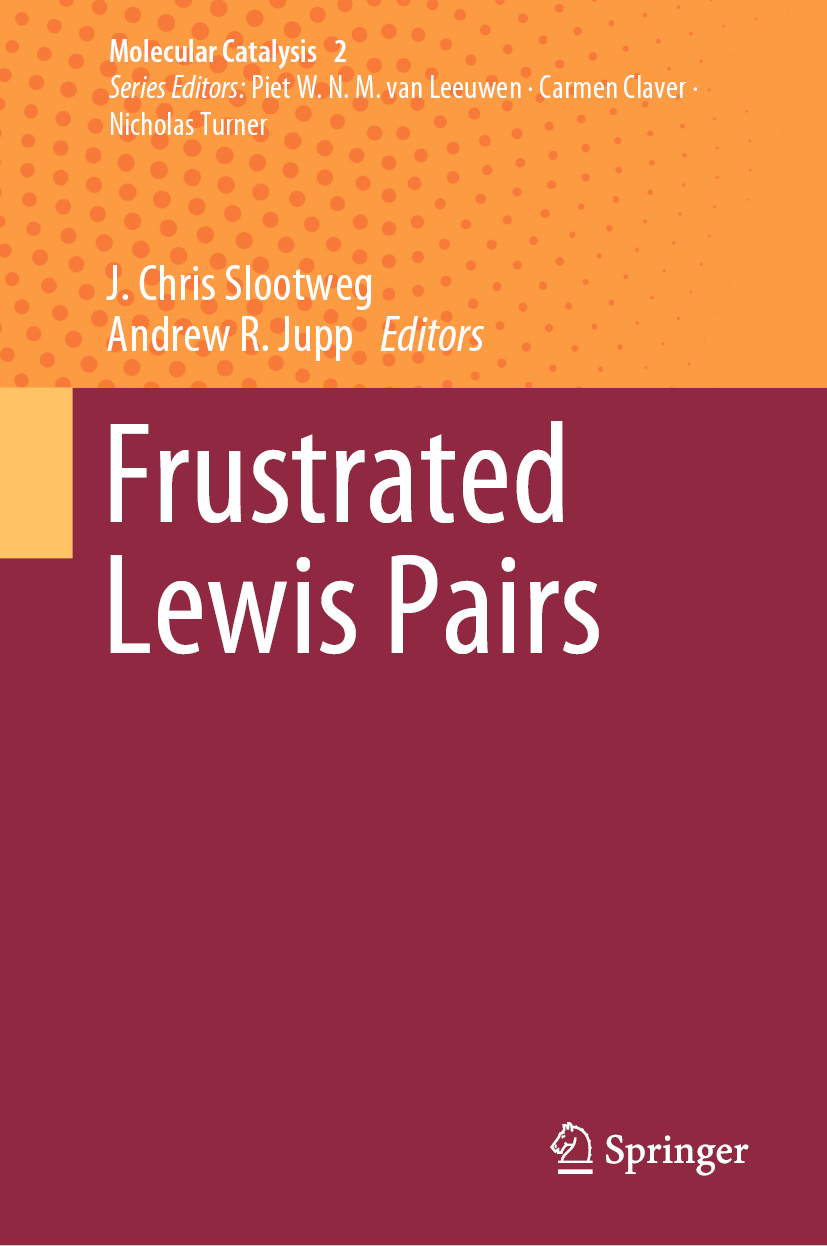
This book series publishes monographs and edited books on all areas of molecular catalysis, including heterogeneous catalysis, nanocatalysis, biocatalysis, and homogeneous catalysis. The series also explores the interfaces between these areas. The individual volumes may discuss new developments in catalytic conversions, new catalysts, addressing existing reactions and new reactions regarded as desirable from a societal viewpoint. The focus on molecular insight requires an appropriate attention for synthesis of catalytic materials, their characterization by all spectroscopic and other means available, and theoretical studies of materials and reaction mechanisms, provided the topic is strongly interwoven with catalysis. Thus the series covers topics of interest to a wide range of academic and industrial chemists, and biochemists.
More information about this series at http://www.springer.com/series/15831

This Springer imprint is published by the registered company Springer Nature Switzerland AG
The registered company address is: Gewerbestrasse 11, 6330 Cham, Switzerland
Frustrated Lewis pairs (FLPs) have been a key factor in the renaissance of main-group chemistry in the past few decades. Although it was known as early as the 1940s that steric hindrance could preclude Lewis adduct formation, it was in 2006 that Douglas Stephan and his team showed that combinations of unquenched Lewis acids and bases could be used to split the HH bond in H2. This discovery paved the way for the FLP activation of a wide range of small molecules, including environmentally relevant gases such as carbon dioxide, sulfur dioxide and nitrogen oxides. More pertinent to the Molecular Catalysis series is their extraordinary ability to promote the catalytic hydrogenation of unsaturated organic substratesa series of reactions that were previously thought to be limited to transition metal compounds.
Perhaps one of the greatest contributors to the growing popularity of research into frustrated Lewis pairs is their simplicity. There are innumerable combinations of Lewis acids and bases that can be trialled, and these have unlocked a fantastic array of reactions. A Web of Science search for the topic frustrated Lewis pairs shows just how quickly this field has burgeoned. The very first citation to a published work containing this term was in 2007, and as we write this Preface on the 15 July 2020 there are almost 60,000 citations, with over 10,000 in 2019 alone. This book follows on from the two FLP titles that were published in 2013 (subtitled Uncovering and Understanding and Expanding the Scope), which were compiled and edited by the two forefathers of FLP chemistry: Douglas Stephan and Gerhard Erker. We have built on these foundations and attempted to collate and summarise the staggering progress made in the research area of FLP catalysis since those publications. We have by no means done this alone, and all the credit goes to the amazing researchers from around the globe who have contributed chapters to this book; we feel it really provides a summary of the state of the art in frustrated Lewis pair catalysis.
Chapter describes the effectiveness of the FLP framework as a pedagogical tool for helping students (re-)learn fundamental thermodynamic concepts.
We hope that this book runs the gamut of catalysis by frustrated Lewis pairs, and will serve as both an inspiring read for those that are completely new to the field, and as a useful reference book for more experienced researchers. There is huge scope to expand on the work described in these chapters in the future, and there are undoubtedly many discoveries that could spawn completely new chapters in upcoming books!
We would once again like to thank all the authors of the chapters for their immense contributions to this book, and we hope you enjoy reading it.
This chapter provides a brief overview of the evolution of FLP catalysis. We begin with a description of the initial finding of reversible hydrogen activation and the development of FLP -mediated catalytic hydrogenations . Subsequently, the applications of FLPs in other catalytic processes involving other small molecules are considered. These include hydrosilylation , transfer hydrogenations , hydroboration , amination , hydroarylation , CH borylation , polymerization , CO2 reduction, and CF derivatization . The chapter concludes with a summary and short discussion of future potential.
Font size:
Interval:
Bookmark:
Similar books «Frustrated Lewis Pairs»
Look at similar books to Frustrated Lewis Pairs. We have selected literature similar in name and meaning in the hope of providing readers with more options to find new, interesting, not yet read works.
Discussion, reviews of the book Frustrated Lewis Pairs and just readers' own opinions. Leave your comments, write what you think about the work, its meaning or the main characters. Specify what exactly you liked and what you didn't like, and why you think so.

